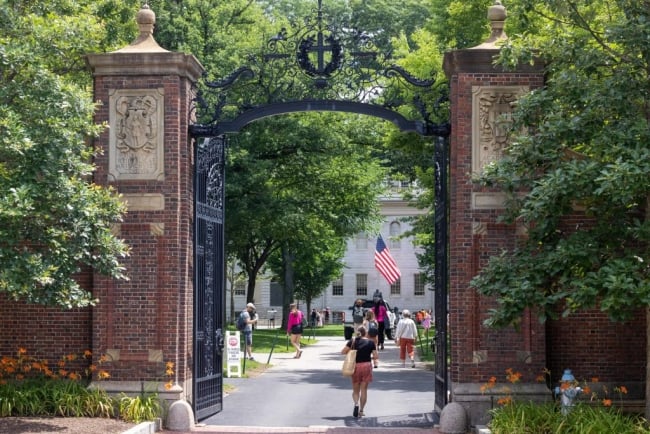Report Shows Legacy Admissions on the Decline

A recent report on legacy admissions reveals a significant decline in the practice at many top universities. Legacy admissions, where children or relatives of alumni receive preferential treatment in the college admission process, have long been a point of contention in higher education. However, the trend is now shifting as many institutions reevaluate and adjust their admissions policies. The decline in legacy admissions has sparked debates about fairness, diversity, and the evolving landscape of college admissions in the United States.
The Changing Landscape of College Admissions
The decline of legacy admissions reflects a broader shift in college admissions practices as schools place greater emphasis on diversity, merit, and equal access for all applicants. Legacy admissions have been criticized for favoring students from privileged backgrounds, often overlooking talented applicants who may not have familial ties to a particular institution. The report highlights how more universities are moving away from this traditional practice to ensure a more inclusive and fair admissions process.
Why Legacy Admissions Are Declining
Several factors are contributing to the decline in legacy admissions. Increasing public scrutiny and calls for racial and socioeconomic diversity in higher education have pushed colleges to reconsider their reliance on legacy status as a key factor in admissions. Critics argue that legacy admissions perpetuate inequality by giving an advantage to affluent families who are already well-represented in top-tier institutions. This has led to growing pressure on universities to adopt more transparent and equitable admissions policies.
Additionally, some universities are responding to mounting concerns over equity by diversifying their applicant pools. They are focusing on creating a more inclusive student body by considering factors such as academic achievement, extracurricular involvement, and community service, rather than legacy status. This change is seen as a step toward leveling the playing field for all applicants.
Impact on Higher Education Institutions
The decline of legacy admissions could have profound effects on universities, especially in terms of alumni relationships and financial donations. Legacy admissions have often been a way for universities to maintain strong ties with alumni, as many alumni have historically supported their alma mater through large donations. However, as universities shift toward more equitable admissions practices, they will need to find new ways to maintain strong alumni engagement without relying on legacy status in the admissions process.
Moving Towards a More Equitable Future
The decline of legacy admissions is part of a larger movement towards creating a fairer, more inclusive higher education system. Universities are increasingly seeking ways to support students from all backgrounds, including those who may not have had the same advantages or access to resources as legacy applicants. By removing or reducing the influence of legacy status, colleges can create more opportunities for underrepresented groups, including first-generation college students and those from low-income backgrounds.
The trend is also in line with growing public support for affirmative action and other policies designed to increase diversity in higher education. As legacy admissions continue to decline, the broader trend towards more merit-based and need-based admissions will likely lead to more diverse, inclusive, and equitable college campuses.
Conclusion
The decline of legacy admissions is a positive step towards creating a more inclusive and equitable college admissions process. By focusing on academic achievement, diversity, and community involvement, universities are increasingly moving away from practices that disproportionately favor affluent, legacy students. As this trend continues, it’s expected that college campuses will become more diverse, offering opportunities to a broader range of talented students. The shift away from legacy admissions signals a significant change in higher education, one that prioritizes fairness and access for all students.
